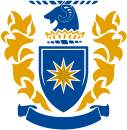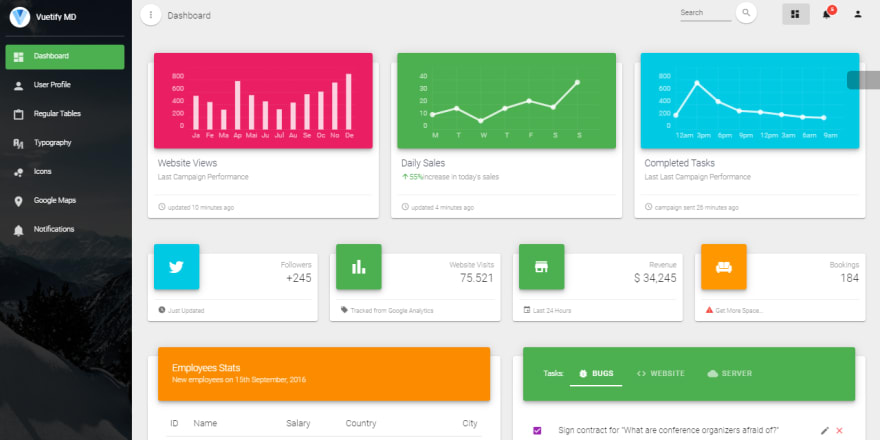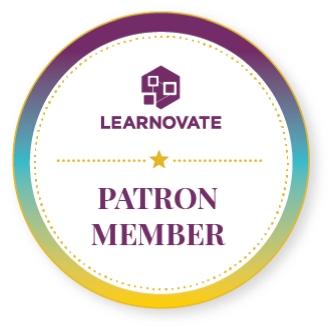Retention
Akari Curriculum Management Solution enables your institution to focus on both student retention and completion rates, by supporting the curriculum agility necessary to impact your Teaching & Learning strategy.
Help students complete their studies successfully by having access to up-to-date and detailed information regarding the specific courses they are undertaking so that they can be most accurately advised about their options.

Massey University
[NEEDS CONTENT OR QUOTE]
Sit amet, consectetur adipiscing elit. Ut elit tellus, luctus nec ullamcorper mattis, pulvinar dapibus leo.
Sed ut perspiciatis unde omnis iste natus error sit voluptatem accusantium doloremque laudantium, totam rem aperiam, eaque ipsa quae ab illo inventore veritatis et quasi architecto beatae

Akari Curriculum: Key Benefits for Retention
Identify Signals
Graduate Outcomes
Student Engagement
Grow learner completion rates
With increased competition for students, many HEIs are focused on their retention and completion rates. While much of the focus is rightly on identifying signals that show which students are at risk of dropping out, a comprehensive curriculum solution like Akari’s provides information that better matches students with courses before enrolment. Providing comprehensive curriculum information at the point of recruitment leads to higher student retention and completion rates.
By publishing curriculum content online or on paper, prospective students can get a better feel for the knowledge they are expected to have on entry to a course; what the content covered in the course consists of; how the course contributes to their learning in terms of graduate outcomes and attributes; and how the teaching and assessment workload for a course is spread over the academic semester and year. All of this improves the likelihood that a student engages with the subject matter, deals with the workload required and sees the link between what they are being taught and their own personal and career development.
Life Long Learning
Student Needs
Micro Courses
Learner centric with stackable micro-credentials
HEI’s have always been committed to lifelong learning and its importance to maintain relationships with graduates over their careers.
At Akari, we understand that the patterns of lifelong learning are changing. With increased geographic and job mobility, learners can’t commit to full-time courses of study that take years to complete. They may not be physically located in the same place for long enough to complete a course, and their learning needs can change direction rapidly over time as their career trajectory alters.
As a result, learners are looking for a curriculum that can be delivered in smaller chunks. At the same time, they need these chunks to be able to be stacked together over time in order to achieve learning credentials.
Akari provides the ability to capture the data required to market and deliver microunits, with dedicated approval workflows for this type of learning package. Microunits can be stacked together into micro-courses and, with the addition of assessments, can lead to micro-credentials.
Dedicated Publication
Learning Outcomes
Micro Credentials
Support learner choice with life long learning career relevant micro units
Akari’s Curriculum solutions integrate well with 3rd party systems, including those used for web publication and communication with prospective solutions.
You can integrate Akari with your Web CMS and publish details of microunits and microcredentials together with your traditional courses of study, or on a dedicated site. Feeding the Web CMS from Akari means no publishing of data that contradicts the approved curriculum.
While many systems support publication of outline, text-based curriculum data, Akari allows the publication of structured curriculum data such as learning outcome mapping and graduate outcome mapping.
Rather than providing a way of searching the curriculum based on field of study or department, this allows sophisticated solutions to be built that allow prospective learners to discover the curriculum that helps them achieve objectives such as microunits that can deliver specific Learning Outcomes, together with alternatives that achieve the same outcomes, and/or microcredentials that help to achieve specific graduate attributes.
Curriculum Agility
Flexible Delivery
Patterns of Assessment
De-risk the 'future of work' curriculum needs with curriculum agility
Curriculum is no longer something that only changes slowly and incrementally over time. As the world of work is requiring new skills and knowledge at an increasing pace, the curriculum must be able to flex just as rapidly.
Implementing Akari’s Curriculum solution can help you to achieve this by supporting curriculum agility. This allows you to see the impact of changes to your Teaching & Learning strategy on learning outcome mapping and graduate attribute mapping as they are being made.
You can also provide the flexibility in delivery that the modern life-long learner needs. A learner studying a module full-time in a Block and one studying part-time via distance learning need quite different assessment patterns, but our tools help you to ensure that each pattern of assessment provides the same strength of mapping to the relevant learning outcomes.
You can use sophisticated tools to plan multiple recommended sequences based on different learner profiles and you can easily publish the impact of any such changes to current and prospective students.
Proactive Support
Learner Success
API Integration
Authentic and timely interactions with Student Support engages learners
Sometimes circumstances beyond the control of a student cause short or long-term disruption to their studies.
Having access to special considerations and student success programmes is a standard feature of the modern University landscape. The dedicated staff operating such programmes have encountered these situations many times previously and can provide students with the short and long-term support they need to complete their studies successfully.
Key to the success of such student retention programmes is having access to up to date and detailed information regarding the specific courses the student is undertaking so that the student can be advised accurately as to their options.
Akari’s rich data API can be used to integrate in real time with the systems that student support officers use, allowing them to provide the best advice possible to affected students – whether it’s providing alternative options for an individual assessment or advising on alternative sequences of units to complete a programme of studies.
Career Skills
Structured Curriculum
Employability Factors
Grow learner completion rates with line of sight to career skills
A structured curriculum is a very powerful information asset but the way that a University thinks about what it teaches and the way learners think about their goals can be very different things.
While many prospective learners may think they have a clear idea of what they want to study, many do not.
Presenting the curriculum structured by programme, department and field of study works for some scenarios such as selection of primary and graduate degree programmes but is less suitable in the context of micro-credentials and the future of life-long learning.
These learners have specific learning goals in mind and are open to different ways of achieving those goals. They are also looking for smaller chunks of learning than traditional Bachelors and Masters programmes. By presenting the curriculum starting with the outcome for the learner, the same information can be presented in a way that provides a clear connection to career skills and employability factors.

Scaffold learner success with proactive support.
[NEEDS CONTENT]

Re-engage at-risk learners with alternate courses/pathways
[NEEDS CONTENT]
